As the Israel-Hamas war enters its second month, the Israeli Defence Forces (IDF) has surrounded Gaza City’s centre to remove Hamas’ military and governance control over the territory. With casualties mounting (more than 11,000 at the time of writing) and fighting centring around Gaza’s main hospitals, many difficult questions surround the rising civilian casualties and how this tragic war will unfold in the coming weeks for Palestinian civilians living in the densely populated strip.
Amid all characteristics and coverage on the clash of worldviews and politics underlying the Israeli-Palestinian conflict, including this current escalation of the conflict, the Gazan Christian community, often found stuck in the crossfire of conflict, is often not known or acknowledged in media coverage. So, who are the Christians of Gaza, what is their suffering in the current conflict, and what does their future look like through this dark hour?
An Ancient Community
Christianity in Gaza is considered to date back to the 4th century, with the establishment of monastic communities by St Hilarion. The oldest church still active in Gaza is Saint Porphyrius Greek Orthodox Church. St Porphyrius was a 5th-century bishop of Gaza. The church site is considered among the three oldest churches in the world and predates Islam’s arrival to the region.
Contemporary Crises
Many of Gaza’s modern Christians are descendants of the Arab Christian communities from cities on the Mediterranean coasts, such as Joppa. They came to Gaza when displaced in the wake of the first of several Arab-Israeli wars after the establishment of the modern state of Israel in 1948. Other Christians in Gaza have lived in the city and surrounding cities for centuries.
In 2005, Israel withdrew from Gaza under the Disengagement Plan Implementation Law passed in the Israeli Knesset. Afterwards, various Palestinian political blocs competed for control, with Hamas taking control in 2007. Gaza’s Christians have suffered through five major conflicts between Hamas/armed militant groups and Israel in 2008-09, 2012, 2014, 2021, and now 2023. These conflicts have also come at the same time as a nearly 17-year Israeli-led blockade of the Gaza Strip that has contributed to the high rates of unemployment, poverty, and political hardships for all Palestinian civilians, including Christians.
Life in Gaza as a Christian
More than 80% of Gaza’s Christians belong to the Greek Orthodox Church. Around 100 Roman Catholics are a part of the Latin parish of the Church of the Holy Family. The remaining are a part of the Baptist/Protestant church of Gaza. Despite their small number and religious minority status in a volatile region, Gaza’s Christian community has historically played an outsized influence in Gaza’s society. Many of the best educational, medical, and business institutions have been started and operated by Christians, even to this day. These accomplishments and institutions stand as reminders of Palestinian Christians’ significant contributions in culture, charity, and even political development in Palestinian history.
The years from 2007 to the present, unfortunately, have seen a sharp decline in the Christian population despite a rapid increase in Gaza’s population during the same period. In 2007, the Christian population was estimated at around 3,000 people, while in 2023, it is now fewer than 1,000 in the region of more than 2 million people. High rates of emigration from the pressures of living in Gaza, coupled with the challenges of being a Christian minority in Gaza, have resulted in a dwindling remnant.
In multiple accounts since 2007, Christians from Gaza have described their situation in Gaza as living between two hammers. On the one hand, living under Israeli blockade due to Hamas conflict with Israel has squeezed the economy, resulting in more than 60% unemployment, a breakdown in civil services, and extreme poverty. As one Gazan Christian described it: “I have never been to prison, but I normally live in a prison.” Secondly, the blockade and resulting wars between Islamic factions in Gaza and Israel have killed, including this current conflict, an estimated more than 20,000 Gazan civilians in the past 17 years through frequent air strikes, rocket firing, and military and terrorism. Also, travel limitations for Gaza’s Christians to visit relatives and Christian Holy sites in Jerusalem and the West Banks have been severely limited. Last year, for example, only 50% of Gaza’s Christians were approved by the Israeli government to travel. Even the slightest, even unknown, association with Hamas-linked individuals can be the reason for denial to travel from the strip. Sadly, living under such restrictions from Israel and under consistent suspicion of being foreign collaborators by Hamas leaves Gaza’s Christians further isolated from global Christians’ support and solidarity with the suffering community.
On the other hand, Gaza’s Christians live under Hamas governance, a Muslim Brotherhood-linked Islamic militant group. During the volatile period of 2006-2008 in Gaza, Islamic militants killed Rami, a Christian manager of the Bible Society bookshop. Several other Christian leaders later left the strip after facing several death threats from militants. While targeted violence against the Christian community thankfully has not occurred in recent years, Christians are often treated as second-class citizens as a tiny minority in an Islamist-governed territory. This is especially true for individuals who decide to convert to Christianity from a Muslim background. These individuals, whether secretly or publicly, face rejection from their family, culture, and Muslim religious leaders, and are considered apostates and traitors deserving strict punishment. While such cases are exceedingly rare in the Hamas-monitored and controlled religious atmosphere in Gaza, those who have made the decision to become Christians have lost homes and family to protect their own lives, often by going into secret hiding.
Present Sufferings of Gazan Christians
With more than 11,000 deaths so far in one month of fighting in Gaza, many of whom were civilians, the small Christian community is living in great fear of what will happen to them and their churches. Most of Gaza’s approximate 800 Christians have been taking refuge in two of the city’s churches, both in northern Gaza’s old city. The church doors have also opened to serve non-Christians who are suffering alongside them, consistent with Gaza’s Christians’ spirit of charity that has served Gaza’s people through past crises. The fighting this week continued to spread closer to just a few neighbourhoods away from the churches as the IDF continues advancing to the city centre in its efforts to hunt down Hamas leadership.
Stories of human suffering continue to come out of Gaza, with the Christian community being no exception. On 19 October, an Israeli airstrike in Gaza’s Zeitoun district hit a nearby target to the Greek Orthodox church, causing one of the buildings to collapse and kill several dozen people inside, most of them Christians. A total of two infants and four children were killed. One of the fathers of a young family was killed while covering his three children with his body to successfully save their lives from the collapsing ceiling. This past week, an 81-year-old church piano player was shot while walking to her home to scavenge for food. Food supplies are running low in the churches.
The supermarkets, while open, only have lemons and basic hygiene supplies left. Elderly Christians, including cancer patients, have had to stop daily medical treatment. With winter approaching, many families are concerned since they left their homes suddenly and did not bring all their winter clothes with them. Many have already confirmed that their buildings and homes have been destroyed. Others are praying that their houses are spared in the coming days of expected intense urban street fighting. Communications with the outside world have slowed as communication networks and power go off. Bad water is further complicating health problems in both children and adults.
Then there is the grieving. The grief of loss, of trauma. The loss of homes, of displacement, of the destruction of their city. Like the prophet Jeremiah helplessly saw the destruction of his city, Jerusalem, so too many of Gaza’s Christians weep the destruction of their city. There is no doubt a traumatic despair of faith among Gaza’s Christians that will last for many years to come. The United Nations recently described Gaza under its current circumstances as a “graveyard for children”. Those children that will survive will most probably be a generation marked by tremendous trauma. A total of four out of five of Gaza’s children before this war reported “that they live with depression, grief, and fear”, according to a study conducted by Save the Children. This conflict will only surely add to the great need to help Gaza’s children heal both now and for the next generations to come.
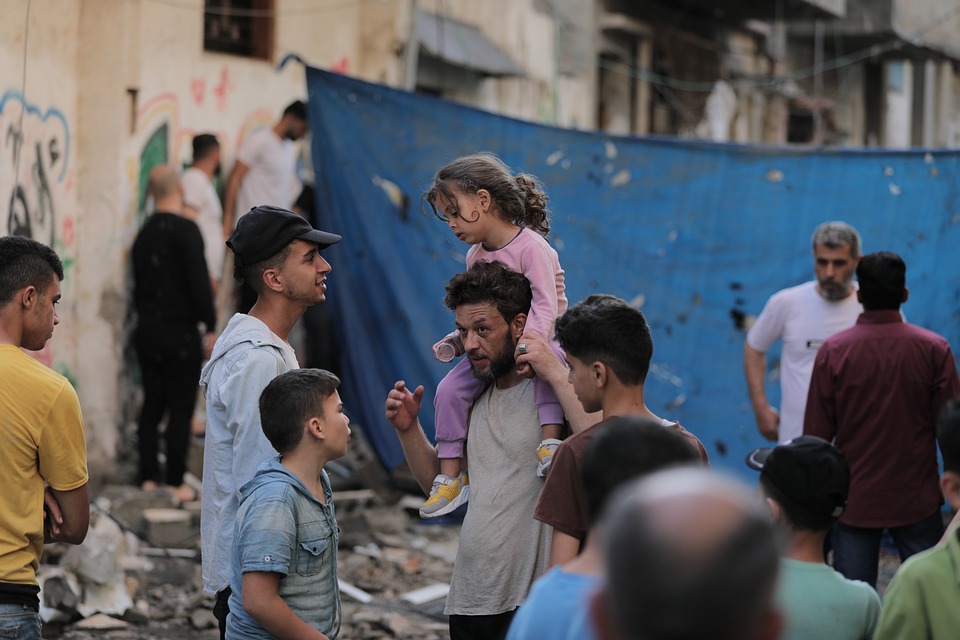
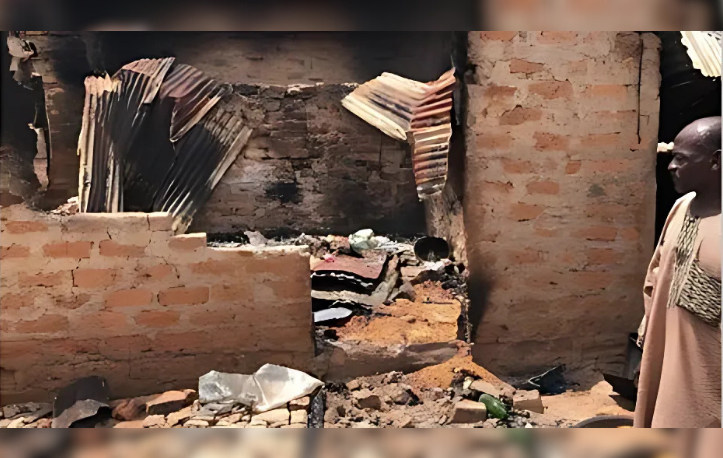
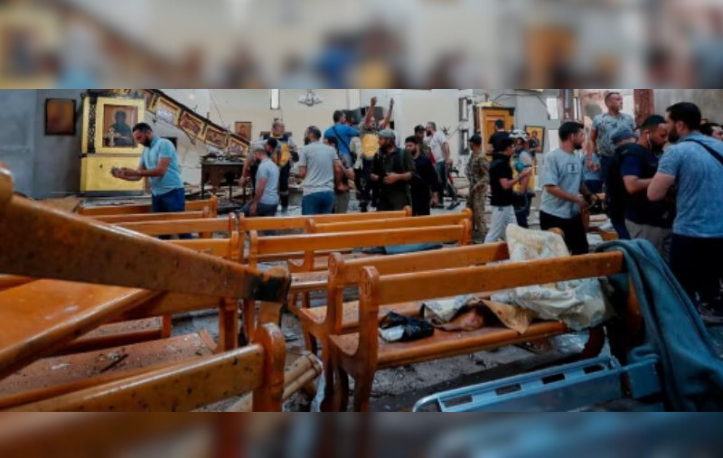
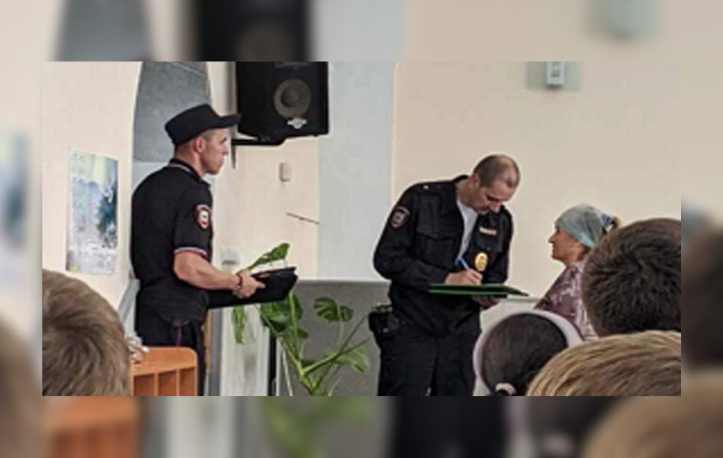
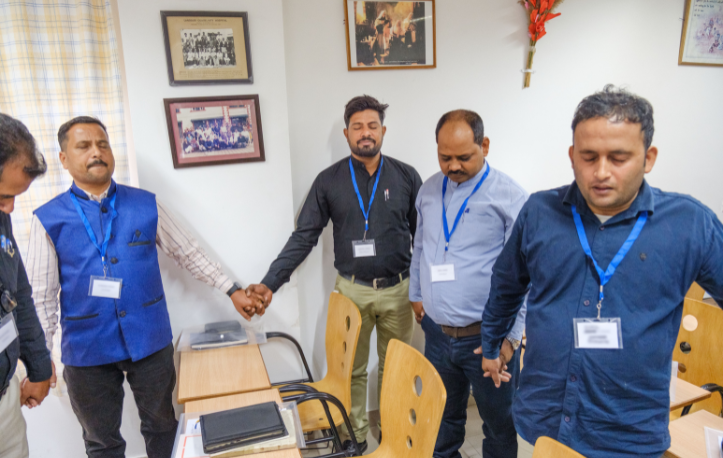
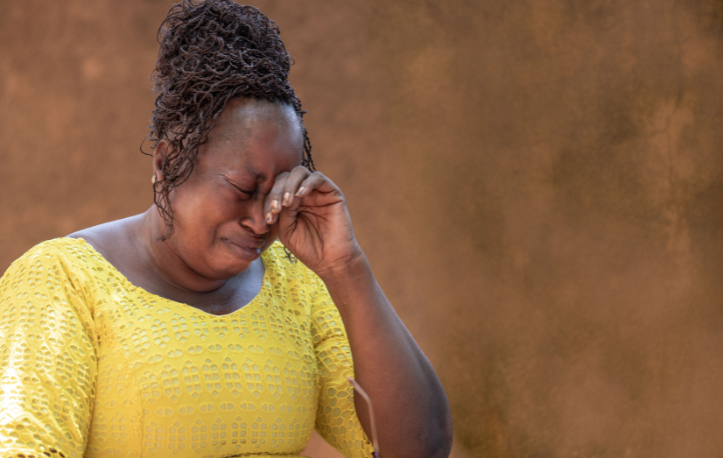
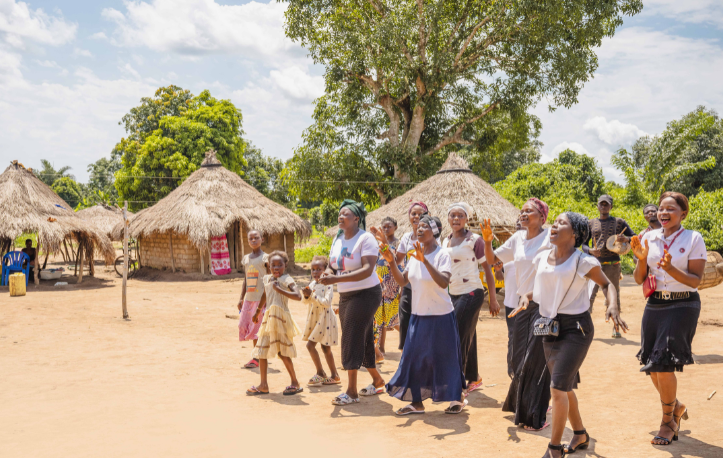








Submit a Prayer